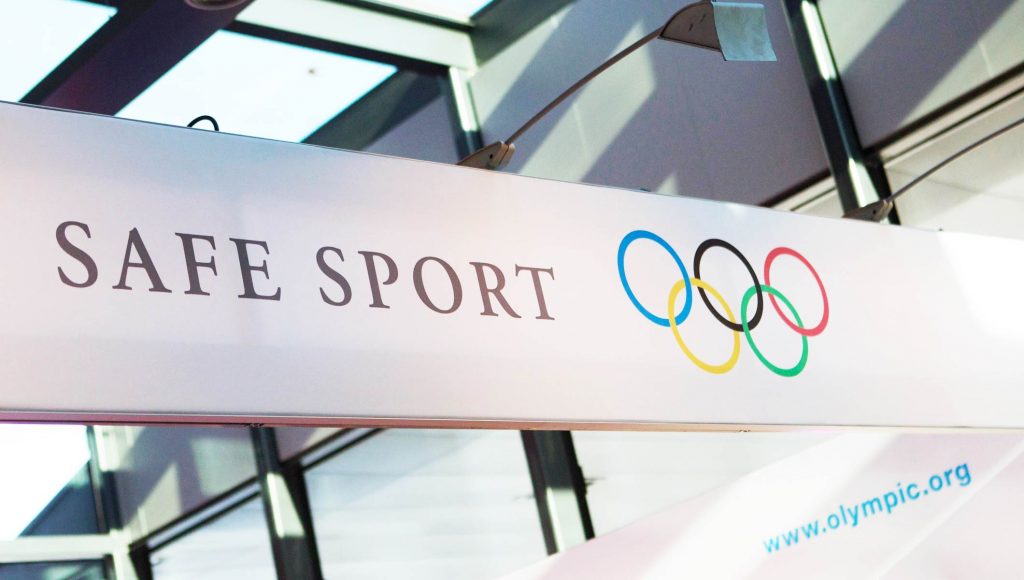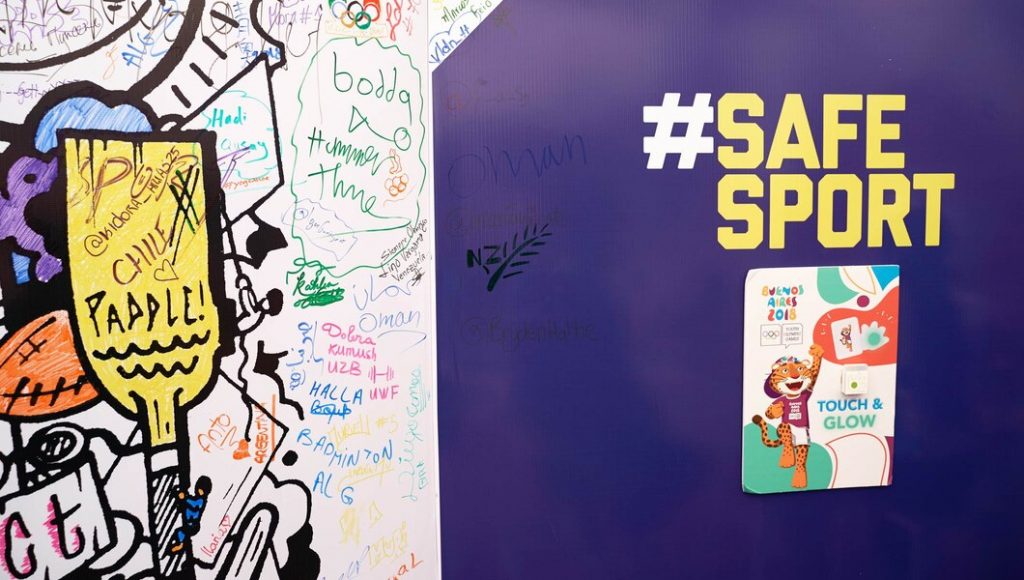
This Saturday, 8 August, the International Olympic Committee (IOC) joins the celebrations for Safer Sport Day, championed by the International Safeguards for Children in Sport Initiative, a coalition of more than 60 organisations working together to make sport safer, in which the IOC is represented on the advisory board.
Safer Sport Day is an opportunity to reflect on and raise awareness of athlete safeguarding globally, encouraging every sport and sport-for-development organisations to tackle this issue and improve athlete protection.
Athletes’ safety and wellbeing is a priority and a core value for the IOC, which is committed to leading and supporting the Olympic Movement in the implementation of safeguarding measures, in line with its mission stated in the Olympic Charter to “promote safe sport and the protection of athletes from all forms of harassment and abuse”.
“All athletes have the right to safe sport, which is respectful, fair, equitable, and free from all forms of harassment, discrimination and abuse,” said HRH Prince Feisal Al Hussein, IOC Executive Board Member and Chair of the IOC Prevention of Harassment and Abuse (PHAS) in Sport Working Group. “On this principle lie the IOC Athlete Safeguarding initiatives, which are in line with Safer Sport Day’s objectives to raise awareness and encourage sports organisations to take action.”
The IOC PHAS Working Group collaborates with subject matter experts and Olympic Movement stakeholders to develop and implement initiatives to safeguard athletes from harassment and abuse in sport. It includes representatives from four IOC commissions: Athletes’ Commission, Athletes’ Entourage Commission, Medical and Scientific Commission and Women in Sport Commission.
OLYMPIC AND YOUTH OLYMPIC GAMES INITIATIVES
A framework has been put in place for Olympic and Youth Olympic Games, detailing how incidents can be reported during Games time, the subsequent action that must be taken and also how athletes can be educated to recognise any form of harassment and abuse.
One of the main innovations, introduced for the first time at Rio 2016, was the presence of a Safeguarding Officer in the Olympic Village, available to athletes for any incidents or advice.

EDUCATION
The IOC has developed various educational videos and media tools to raise awareness about the prevention of harassment and abuse in sport. Online courses are freely accessible for athletes in various languages.
Educational activities are also organised during Games time, as part of the Athlete365 engagement activities. At Lausanne 2020, two booths at the Youth Olympic Villages in Lausanne and St Moritz included educational tools to help communicate to athletes what constitutes harassment and abuse in sport and make sure they understood their rights and responsibilities when it comes to safe sport.
SUPPORT TO THE OLYMPIC MOVEMENT
To guide and help the International Federations (IFs) and the National Olympic Committees (NOCs) develop their own policies to prevent harassment and abuse, the IOC launched the “IOC Athlete Safeguarding Toolkit” in 2017. It was developed in collaboration with over 50 stakeholders including, athletes, IFs, NOCs and subject matter experts.
Previously, in 2016, the “IOC Guidelines for IFs and NOCs related to creating and implementing a policy to safeguard athletes from harassment and abuse in sport” specified what the IOC considers to be the minimum requirements for athlete-safeguarding policies.
The IOC offers continuous support to those organisations that are developing their policies and to this end, a webinar series for IFs were organised in 2019, in collaboration with the Association of Summer Olympic International Federations (ASOIF) and the Association of International Olympic Winter Sports Federations (AIOWF).
The 10-part webinar series brought together 38 sporting experts from around the world to provide best-practice advice on 12 critical topic areas related to athlete safeguarding and to discuss the common challenges faced by sports organisations that are implementing safeguarding measures or creating their own policies.
Additional webinars for NOCs will follow in 2020 to address cultural challenges faced by NOCs in developing and implementing athlete safeguarding initiatives, build their capacity in athlete safeguarding, facilitate the sharing of best practices and provide access to a group of experts that can offer further support.

